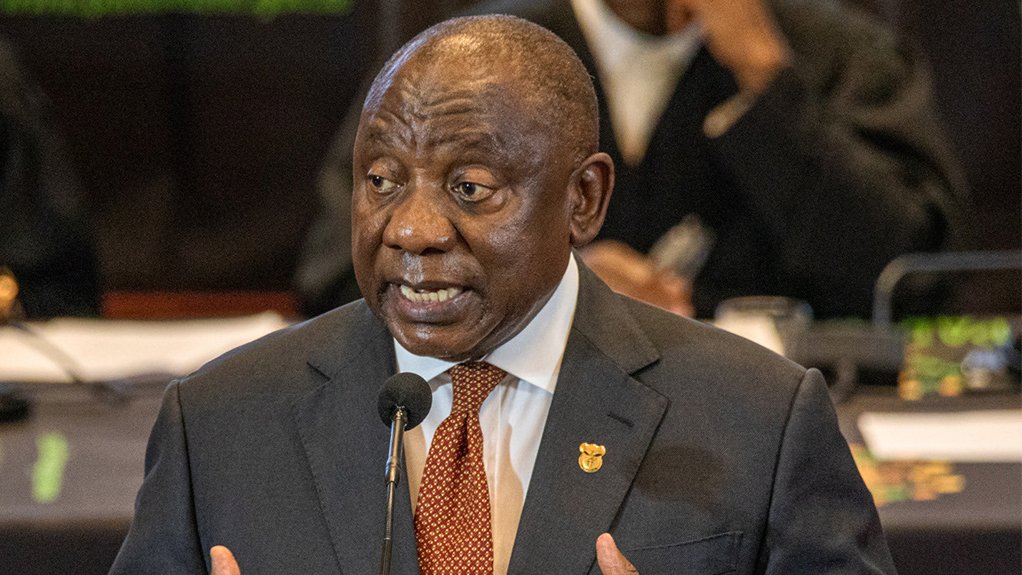The upcoming State of the Nation Address (Sona) is set to be a defining moment for South Africa, as President Cyril Ramaphosa delivers his speech in an unprecedented political landscape. With the formation of the Government of National Unity (GNU) following the 2024 national elections, this year’s address carries a weight of expectations and diverse perspectives.
Political analysts predict that Sona 2025 will be more inclusive than ever before. Levy Ndou, a political expert at Tshwane University of Technology, believes this year’s speech will genuinely reflect the state of the nation by incorporating the views of multiple political parties. The GNU’s broad coalition, which includes the Democratic Alliance (DA), Inkatha Freedom Party (IFP), and the Pan Africanist Congress of Azania (PAC), means Ramaphosa must represent a wider spectrum of interests.
Ndou expects the president to focus on pressing national issues such as land reform—long championed by the PAC—along with unemployment and corruption. He argues that the government’s program of action should reflect the concerns raised during the Cabinet Lekgotla, ensuring that policies align with the needs of all South Africans.
However, not everyone is optimistic. Political analyst Sipho Seepe remains skeptical, dismissing Sona as an extravagant display with little substance. He argues that beyond the spectacle of military parades and designer outfits, the speech often lacks real solutions. Seepe views the GNU as a reaction to the ANC’s declining political dominance and believes the president will avoid addressing his administration’s failures.
According to Seepe, Ramaphosa may attempt to attribute economic struggles to the Covid-19 pandemic, despite the country’s economic downturn predating the crisis. He also suggests that the president will sidestep controversy, particularly regarding the independent parliamentary panel’s findings that raised concerns about his leadership.
Another expected focus of the speech is the tragic loss of South African soldiers in the Democratic Republic of Congo (DRC). Seepe predicts that while Ramaphosa will pay tribute to the fallen troops, he will likely avoid mentioning his public dispute with Rwandan President Paul Kagame, who has openly accused him of dishonesty.
With differing expectations and political tensions in the air, Sona 2025 is shaping up to be one of the most scrutinized addresses in recent history. Whether it brings real change or remains a ceremonial exercise will ultimately depend on the government’s ability to turn words into action.
